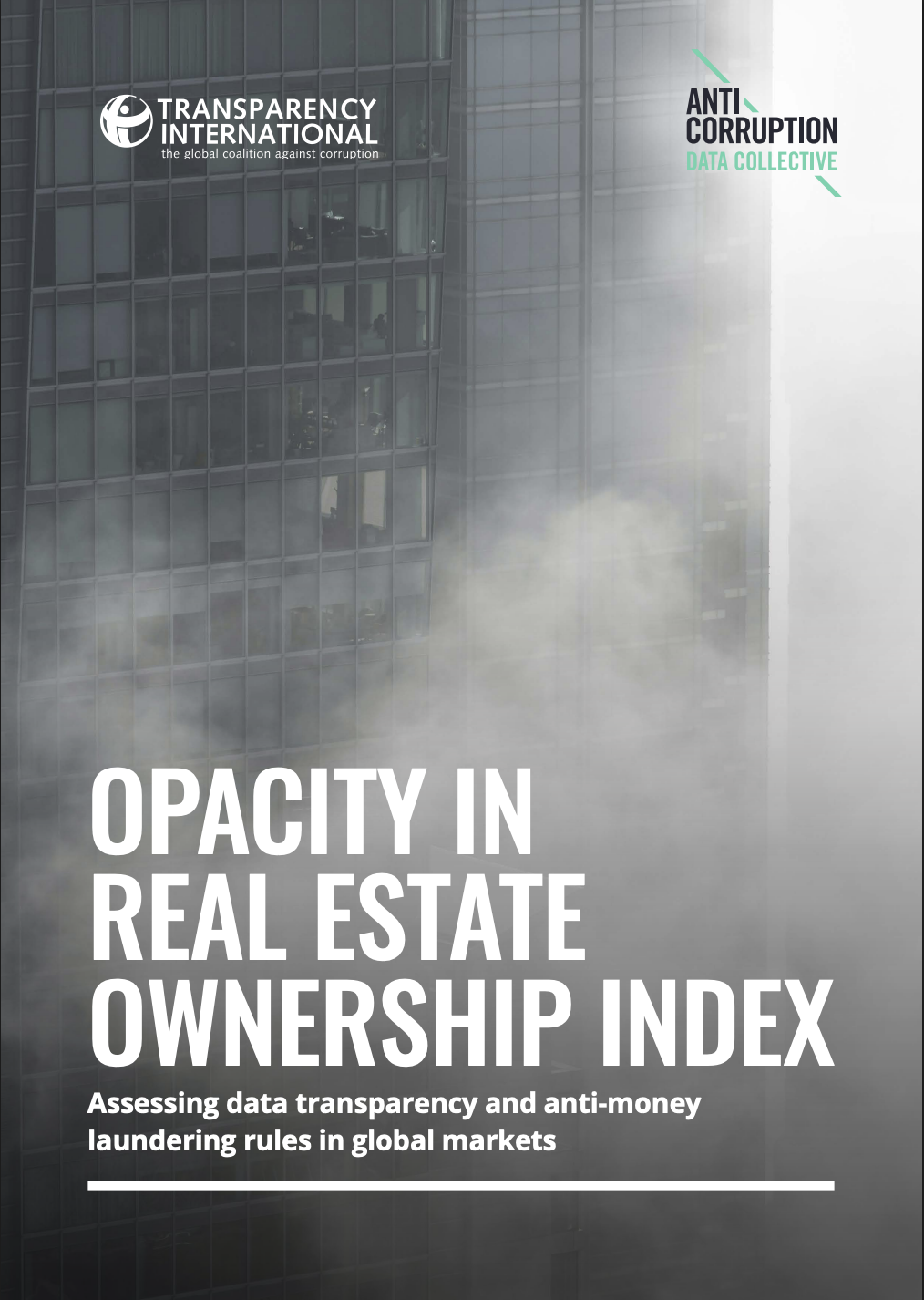TI Canada submitted a letter to Ontario Minister of Environment, Conservation and Parks, Jeff Yurek, cc’ing Ontario Minister of Energy, Northern Development and Mines, Greg Rickford.
The Ontario Government Needs More Transparency and Accountability in Environmental Assessments, Not Less
Canadian Real Estate Still Opaque, But Light is Creeping In
TI Canada submits comments to the Office of the Canadian Ombudsperson for Responsible Enterprise (CORE)
Transparency International Canada uncovers transparency and accountability gaps in environmental assessment processes
Les plus grands exportateurs du monde font piètre figure en matière de sanction de la corruption à l’étranger
World’s largest exporters fail to punish bribery in foreign markets
‘End Snow Washing’ Coalition submits letter to Ministers Freeland and Bains on beneficial ownership transparency
TI Canada Makes Submission to Ontario Consultation on Environmental Assessments
Organizations call for COVID-19 transparency, accountability, and anti-corruption measures
TI Canada, PCQVP-Canada et C4TF se réjouissent de l'engagement du gouvernement du Québec sur la transparence du bénéficiaires effectifs
Transparency International Canada (TI Canada), Publiez ce que vous payez Canada (PCQVP-Canada) et Les Canadiens pour l'équité fiscale (C4TF) applaudissent avec enthousiasme le gouvernement du Québec pour sa proposition dans le budget provincial 2020-2021 qui vise a à recueillir et mettre à la disposition du public par le biais du registre des entreprises des informations sur les bénéficiaires effectifs ultime (BEU) de certaines entités juridiques.
TI Canada welcomes new Chair and Board Members
TI Canada provides comments to the Ontario Securities Commission
TI Canada responds to the new Integrity Regime introduced by PWGSC in July 2015
Corporate Wrongdoing - Assessing Canada's Policies on Integrity Framework
TI Canada's Executive Director Alesia Nahirny and several TI Canada Board Members participated in an event organized by the Institute for Research for Research on Public Policy "Assessing Canada's Policies on the Integrity Framework and Corporate Wrongdoing." Some of the questions discussed by the expert panel were:
What are the main policy instruments used in Canada to combat 'white collar' crime? Have these instruments been effective?
How should the Canadian government respond to incidents of corporate wrongdoing to preserve the integrity of procurement process and public trust?
How do existing rules affect the ability of Canadian firms to compete globally - are Canadian penalties weaker, stiffer or similar than those in other countries for the same offences?
Should the federal government consider adopting deferred-prosecution agreements?
The IRPP is due to publish its report in early 2016 and it will be posted on our website.











